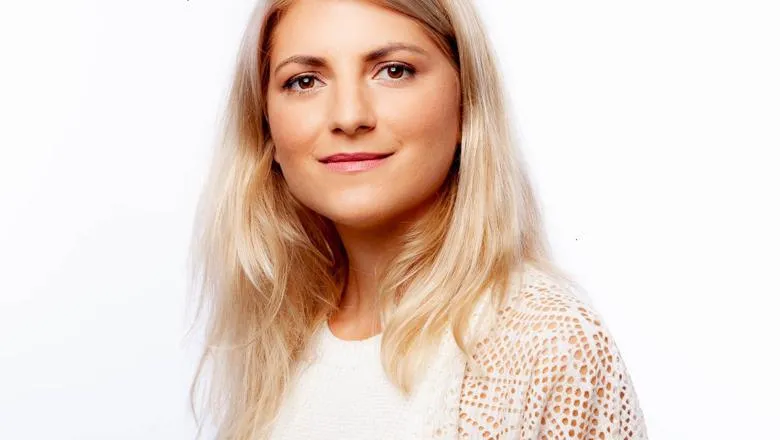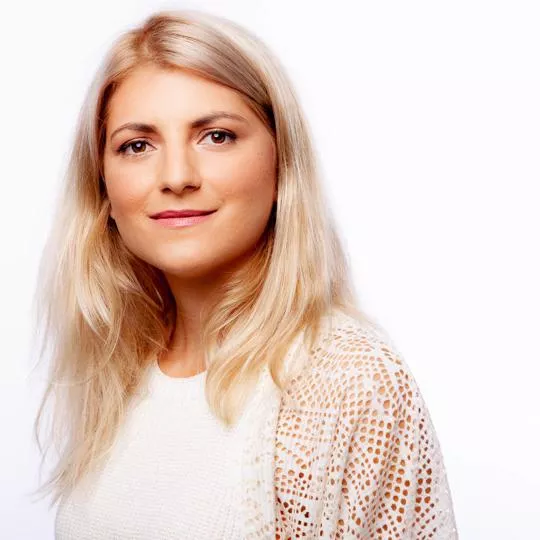09 October 2022
King's women in maths: Dr Vasiliki Koutra
Vasiliki Koutra interview

Who are you and what is your area of research?
I am a statistician and a mother of a toddler. My main research interest is developing methodology for designing experiments on networks, an area which finds applicability in most fields of science, engineering, medicine and business. For example, in a marketing experiment on a social network, we need to select which users should receive which advertisements in order to assess differences in click-through rates or revenue accounting for both the direct effects of the advertisement shown to a user and the indirect effects of the advertisements shown to that users connections.
Tell us about something you are working on at the moment - what is exciting about it?
For large networks, e.g. derived from social media, existing optimal design approaches are too computationally expensive to be employed in practicable time. Hence, heuristic and sub-optimal treatment selections are often applied. It is this gap that I am currently working on. In particular, I am developing novel methods to design experiments on large networks to estimate, either separately or jointly, the direct and indirect effects, by exploiting the particular topology of the network ultimately leading to faster and cheaper experimentation benefiting the economy and society.
What do you think is holding women back from pursuing a degree/career in the maths field?
One thing, which is not limited to mathematics and that I have recently experienced is the structural mismatch in the sharing of parental responsibilities. As an example, it is very much seen as the norm that the women should take off time to look after the family. Instead, the norm should be parental leave to be completely shared and standard paternity leave to be better.

